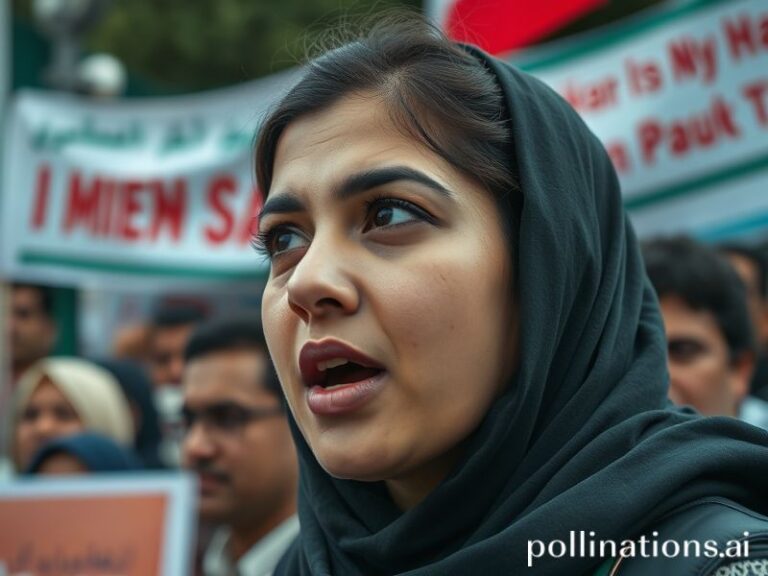Tulsa King Season 3: How Stallone’s Geriatric Gangster Accidentally Fixed Globalization
Tulsa King, Season 3, or How a 76-Year-Old Mafioso Became the Last Honest Diplomat on Earth
By Matteo “Jet-Lagged” Rossi, International Affairs Desk, Dave’s Locker
When news broke that Sylvester Stallone’s Dwight “The General” Manfredi would be returning for a third tour of duty in Oklahoma, the collective shrug in Brussels could have toppled the Atomium. After all, Europe is busy rediscovering trench warfare and inflation, Asia is hedging its semiconductor bets, and South America is once again auctioning off rainforests with a two-for-one coupon. Yet here comes a geriatric capo, fresh from the kind of federal prison where the towels are scratchy but the Wi-Fi is suspiciously good, ready to teach the prairie how to launder money the honest way—by building a casino that looks like a Bass Pro Shop swallowed a Roman piazza.
From a global vantage point, Tulsa King is less a fish-out-of-water comedy than a geopolitical thought experiment: what happens when post-war American muscle meets post-trust American decline? Dwight’s crew—an Afghan ride-share driver, a Black weed entrepreneur, and a Mormon ex-bouncer—has achieved the kind of multicultural integration that every UN white paper promises but never delivers. Sure, they’re selling cocaine, but at least the supply chain is transparent: you can literally trace the kilos on Google Maps while the Fed chairman can’t even trace last quarter’s repo collateral.
Season 3 finds our silver-haired protagonist negotiating with the Canadian branch of the Invernizzi crime family, a plotline that accidentally mirrors real-world Ottawa–Washington relations: polite on the surface, passive-aggressive underneath, and ultimately resolved by threatening to freeze maple-syrup assets in Delaware shell companies. European viewers—those who haven’t reverted to wood stoves—marvel that the U.S. still thinks of Canada as a threat and not as the world’s politest gas station. Meanwhile, the Chinese streaming audience reportedly binge-watches the show as managerial training: if lao touzi Stallone can pivot from cement shoes to craft-cannabis franchising, surely Huawei can learn to sell smartphones in Tulsa without tripping over a congressional subpoena.
The writers, clearly aware that every prestige drama now doubles as a TED Talk, have inserted a subplot involving rare-earth mineral rights beneath Osage County. This allows Dwight to lecture a lithium-mining consortium on ESG metrics while pistol-whipping a hedge-fund guy who mispronounces “fiduciary.” It’s the closest thing Americans have produced to industrial policy since the CHIPS Act, and it arrives via a man whose resume lists “extortion” under soft skills.
Darkly hilarious is how the showrunners treat the FBI: agents bicker over office thermostat settings as Dwight’s empire expands faster than NATO after a vodka summit. One agent, fresh out of Quantico, earnestly asks whether RICO still applies if crypto is involved; her supervisor responds by Googling “what is ethereum” on a Dell that still runs Windows Vista. Viewers in Singapore, where financial crimes are solved before lunch, watch this and assume it’s dystopian satire. It isn’t.
The international takeaway is bleakly comic: the world’s remaining superpower now outsources statecraft to fictional gangsters because the actual gangsters in D.C. can’t pass a budget without threatening to default on it. While EU commissioners draft fifteen-point plans on “Green Mafia Transitions,” Dwight simply installs solar panels on the casino roof, pays union wages, and calls it a day. The planet nods in exhausted recognition—if you want something done, send a 1940s worldview in a 2020s tracksuit.
Season 3 ends (spoiler alert, but honestly, who among us still believes in permanence?) with Dwight franchising Tulsa’s criminal miracle to Dubai, because even the Emiratis know that when the petrodollar finally dries up, storytelling will be the only export left. Stallone boards a private jet emblazoned with the words “Legitimate Businessmen Only,” ascending into smog that smells faintly of crude oil and broken promises. Cut to black. Roll credits over a Chinese cover of “Take Me Home, Country Roads.”
And somewhere in the Hague, a war-crimes prosecutor pauses The Hague v. Humanity, Episode 847, and wonders if jurisdiction extends to Netflix. It doesn’t. Which is precisely the point.







